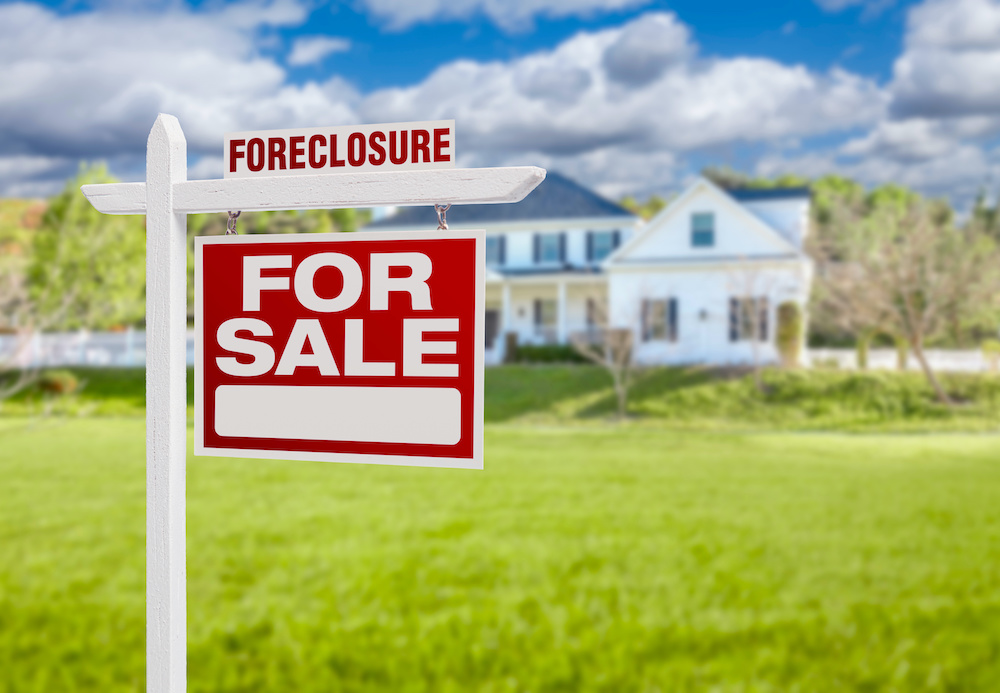Your unexpected death or an incapacitating illness may leave your family responsible for your unpaid bills. As reported by MSN Money, the responsibility of settling unsecured credit card debts and other accounts may become your estate’s or spouse’s obligation.
Without leaving assets to pay your outstanding liabilities after you die, your creditors may not stand a good chance of recovering past due balances. If you and your spouse have joint accounts, however, a creditor may request payments from the surviving account holder.
How can home equity value end up paying my debts after I die?
If your property has equity value, creditors may sue your estate to use it to obtain payment for unpaid credit card bills or personal loans. If you do not leave sufficient funds in your will or trust so that your estate can pay your debts, a lender may attempt to recover through your home’s equity.
Because a lender secures a mortgage by using your property as collateral, your estate may also incur the liability of paying off the balance. If there is a surviving spouse who has joint responsibility for a mortgage note, he or she typically needs to continue the monthly payments after you die.
Could my heirs have responsibility for my accounts?
After your death, most credit card companies may not find success in obtaining payments from an adult child you listed as an authorized user. While they may attempt to settle with your estate on your unpaid debts, your creditors may not have access to the proceeds from a life insurance policy or retirement account.
If your family’s future appears it may face difficulties due to a current overwhelming financial situation, you may have options to lessen the possible effects on your estate. A bankruptcy may provide a means to take a proactive approach to obtain relief.

